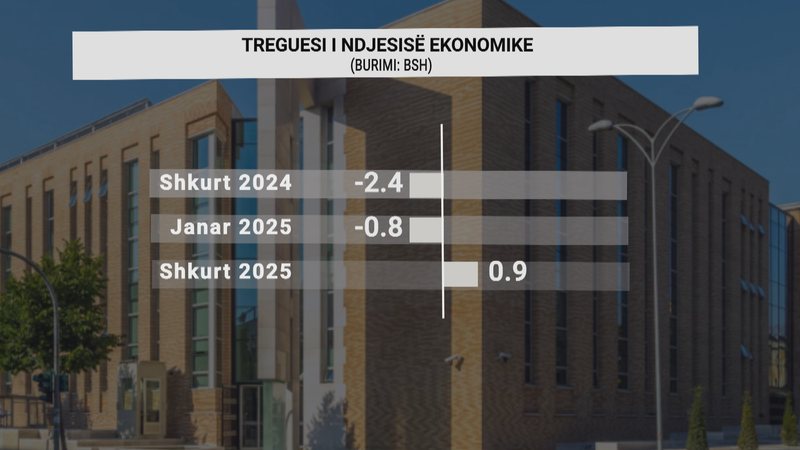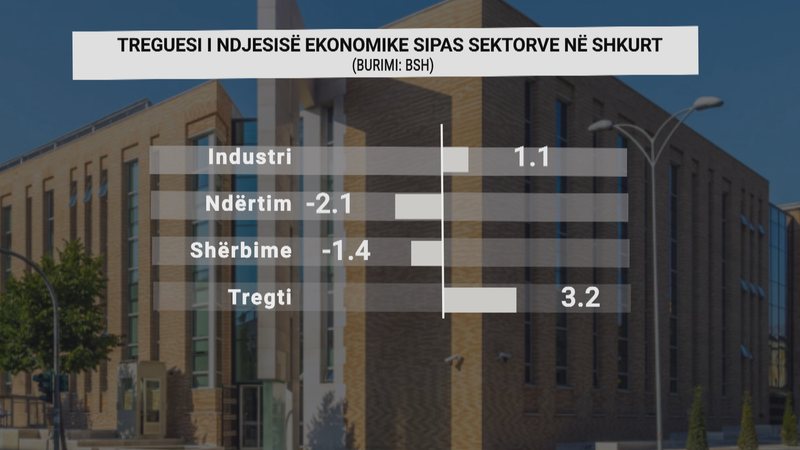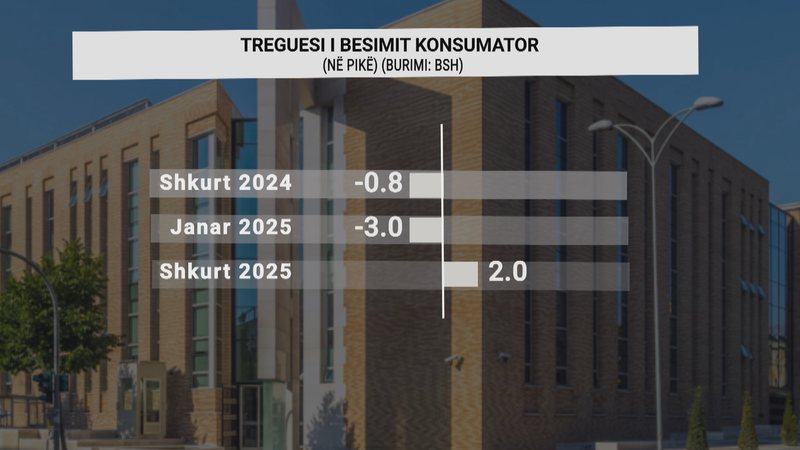After a plunge into pessimism at the end of last year, followed by demoralization at the start of this year, positive expectations are returning among Albanian citizens and entrepreneurs. In February, the economic sentiment indicator that measures the ability of businesses to make investments and consumers to spend increased by 0.9 points. In January, this sentiment had fallen by 0.8 points, while in February of the previous year it had fallen by 2.4 points.
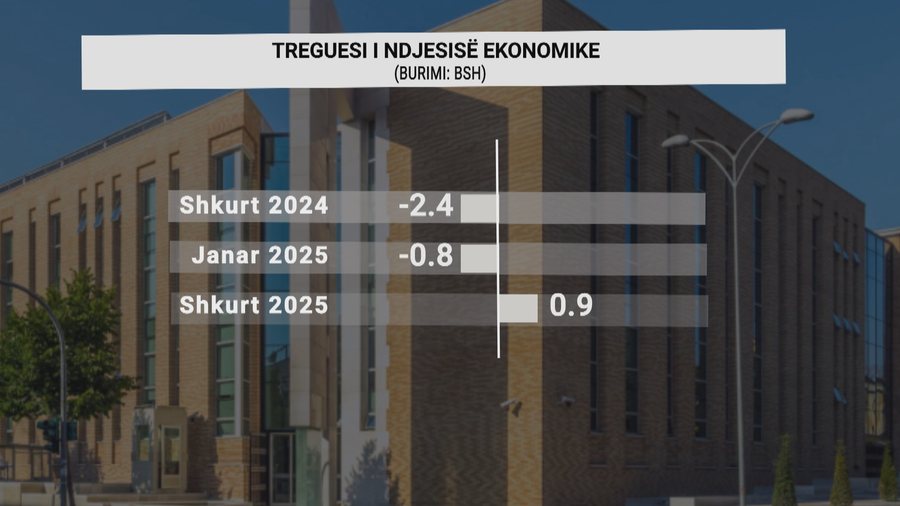
"The increase in TNE this month was determined by the increase in confidence in the industry, trade and consumer sectors. On the other hand, confidence in the construction and services sectors registered a decline," Eriola Hoxha, an economic expert, tells A2 CNN.
Business confidence fell 1.4 points in February, despite record tourism figures, in the services sector, which includes supermarkets, bars and restaurants. And after many months of optimism, the construction sector also did not have the previous confidence last month. Traders' confidence increased by 1.1 and 3.2 points.
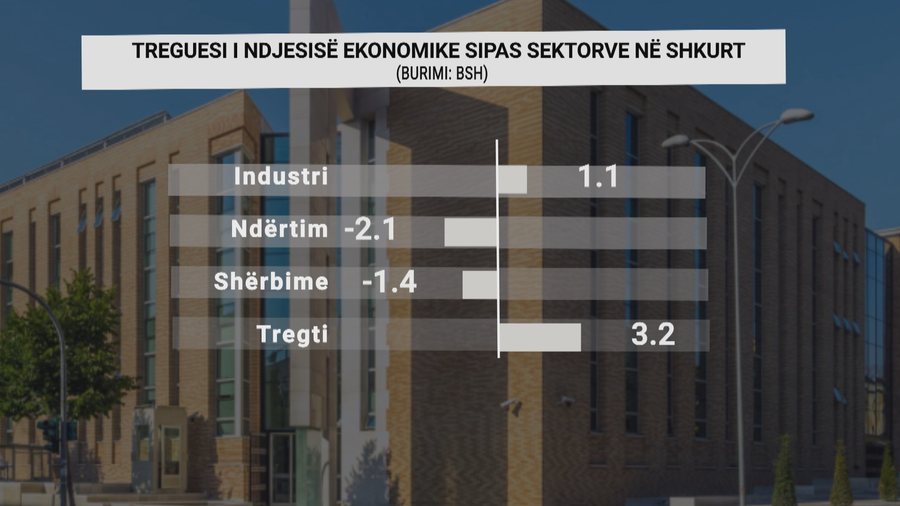
"The exchange rate is having an effect on construction. The recent increases and depreciation of the euro are distorting sales," says Hoxha.
The slower price increase this year seems to have restored calm and optimism among citizens that “the crisis is behind us.” The citizen confidence indicator increased by 2 points last month after falling by 3 points in January.
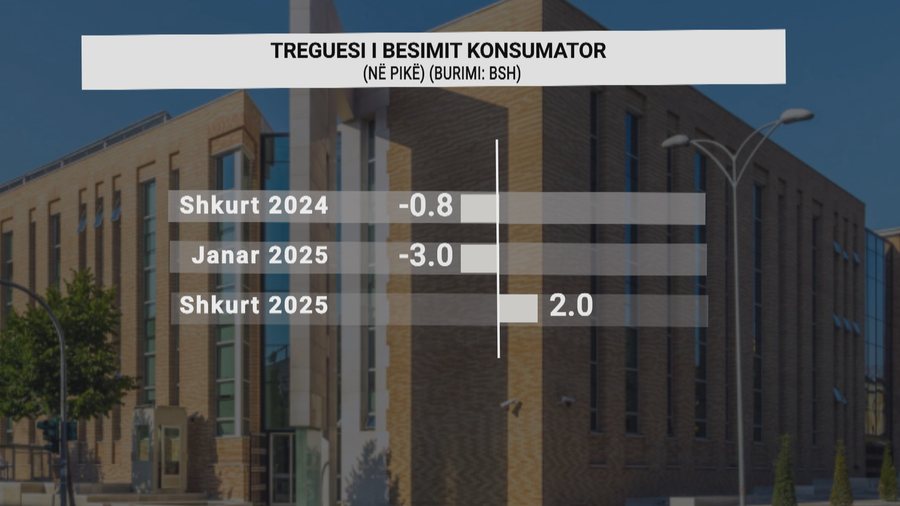
But these figures do not match what citizens are saying. "Prices are rising, everything is becoming unaffordable. Incomes are shrinking because we spend more. Salaries are in the doldrums. With the income I receive, I can just eat bread and drink a coffee. Salaries are low and I am thinking of moving abroad. I am aiming for Germany," they say.
This whole paradox has an explanation. "The problem lies in the fact that we have no controls on the markets. Citizens have the right. Prices go down where we import, but not in our markets. And here the state is to blame," says Hoxha.
International institutions are also more optimistic in their spring forecasts. The World Bank, the European Bank for Reconstruction and Development, and the International Monetary Fund predict that Gross Domestic Product will expand by an average of 3.7 percent. (A2 Televizion)

